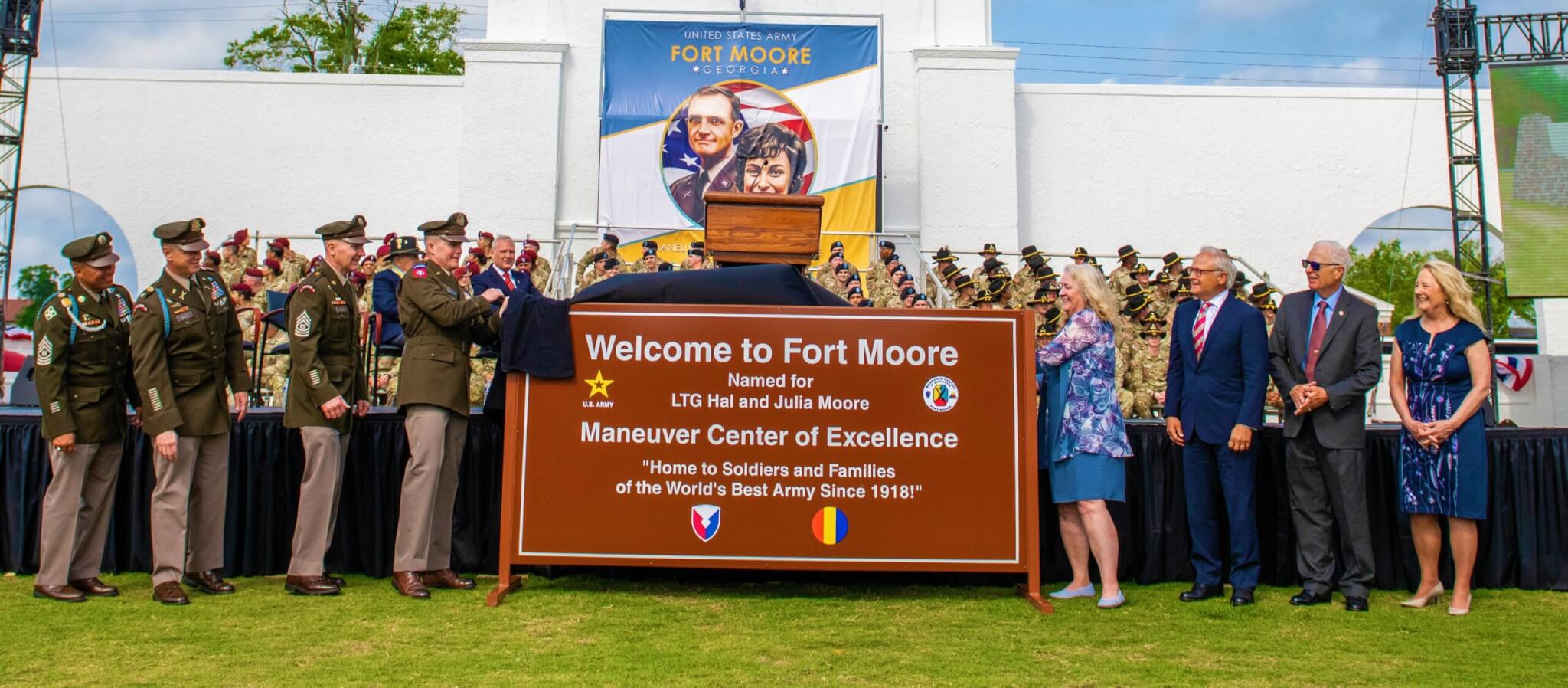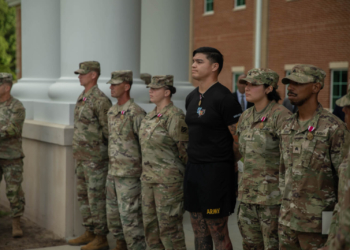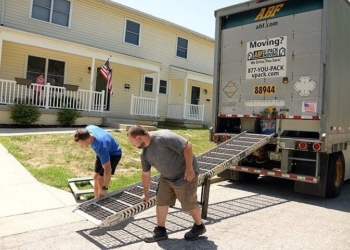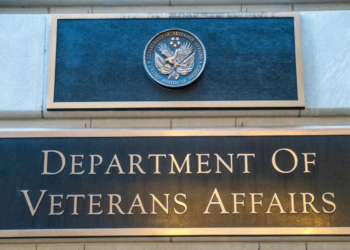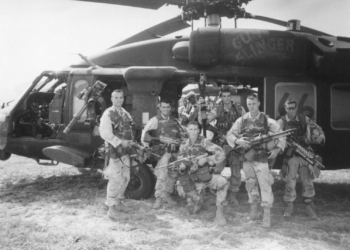With national unrest in the summer of 2020 after the death of George Floyd, Congress responded by creating a bipartisan support team as part of the National Defense Authorization Act. The resulting committee was tasked with creating a plan to remove any and all names, symbols, monuments or displays that commemorated the Confederacy or Confederate States of America.
This temporary team gathered for 20 months. The job of the group was about as daunting as its official title, which read: “The Commission on the Naming of Items of the Department of Defense that Commemorate the Confederate States of America or Any Person Who Served Voluntarily with the Confederate States of America.” However, it is more commonly referred to as simply the Naming Commission.
Under the jurisdiction of the Department of Defense, the eight-member commission was sworn in on March 2, 2021, and was dissolved Oct. 1, 2022. Commission executives included retired Navy Adm. Michelle Howard as chair and retired Army Brig. Gen. Ty Seidule as vice chair.
The one individual who received limited public acknowledgment was the behind-the-scenes Lead Historian Connor Williams.
Armed with a master of arts degree from Dartmouth College and a doctorate from Yale, Williams is not only a polished historian, he is also a talented speaker, teacher, writer and consultant. “I was honored to take a leave of absence from Yale University to serve on the bipartisan Naming Commission,” he said.
Public engagement
Williams, whose grandfather served during World War II, shared that during the Naming Commission’s task, they reached out to every base that was targeted for renaming.
“Seeking comprehensive input, we also reached out to the surrounding communities as well. Our process included many conversations, reviews, deliberations, re-engagements and three publicly available reports to Congress. We finished on time, under budget and with broad bipartisan support,” he added.
The Naming Commission spent weeks on end combing through American history records and talking with Americans from all walks of life. Their public engagement efforts resulted in more than 33,000 submissions for suggested names. While there were many quality names that made the short list, there was also a little levity. Williams shared a few of those nuggets.
“While most suggestions were very thoughtful, we did get a few jokes. One of my favorites was the suggestion of ‘Fort Will and Kate,’ named after the British royals, because ‘they would win any charm offensive.’ Another suggestion was ‘Fort Spears’ for Britney Spears!”
In March 2022, the Commission published a list of 90 names it considered for use in renaming the nine Army bases. In May of that year, the Commission issued its final recommendations, which were unanimously accepted. The following bases were subsequently renamed during 2023:
- Fort Benning, Georgia, became Fort Moore
- Fort Bragg, North Carolina, became Fort Liberty
- Fort Gordon, Georgia, became Fort Eisenhower
- Fort Hill, Virginia, became Fort Walker
- Fort Hood, Texas, became Fort Cavazos
- Fort Lee, Virginia, became Fort Gregg-Adams
- Fort Pickett, Virginia, became Fort Barfoot
- Fort Polk, Louisiana, became Fort Johnson
- Fort Rucker, Alabama, became Fort Novosel
In 2025, in February and March respectively, Fort Liberty once again became Fort Bragg, and Fort Moore was again renamed Fort Benning.
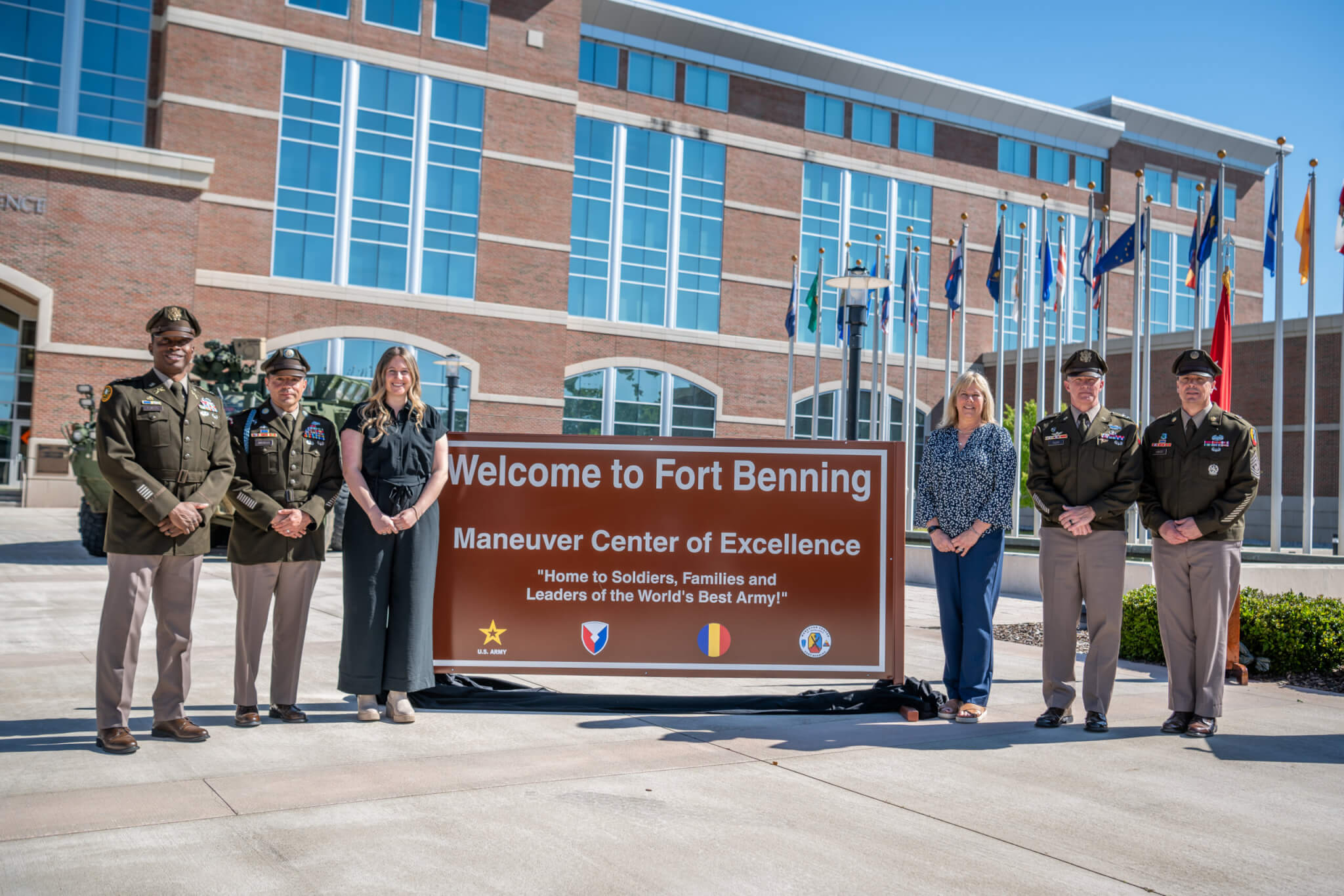
The second name changes were a direct result of President Donald Trump’s campaign promise to restore those specific names to the bases. Secretary of Defense Pete Hegseth wasted little time making the announcements.
Former members of the Naming Commission were not consulted on the second name changes, nor was it a requirement. However, Williams reminds readers, “Our mission was to end Confederate commemoration in the Department of Defense, and we accomplished that mission.”
He added, “As the descendant of veterans and career officers myself, I thank the descendants of Pfc. Roland Bragg and Cpl. Fred Benning for their ancestors’ service, and also commend, in our collective memory, Pfc. Bragg and Cpl. Benning themselves. However, it is also evident that Secretary Hegseth did not choose these men primarily for their service, but rather for their surnames.”
Regarding the short duration of the base names Liberty and Moore, Williams shared, “‘Liberty’ was first introduced by a Gold Star mother, while ‘Moore’ was met with resounding approval for [LTG Hal Moore’s] inspirational career of selfless service along with his wife Julia Moore. They represent all the military families that help keep our nation safe and help keep our nation great.”
Book details Naming Commission challenges, achievements
Seidule and Williams have collaborated once more for “A Promise Delivered: Ten American Heroes and the Battle to Rename Our Nation’s Military Bases,” which shares the stories of the Americans chosen in renaming the military bases.
Published by St. Martin’s Press, the book will be available in bookstores everywhere by this Veterans Day, Nov. 11.
Read comments

